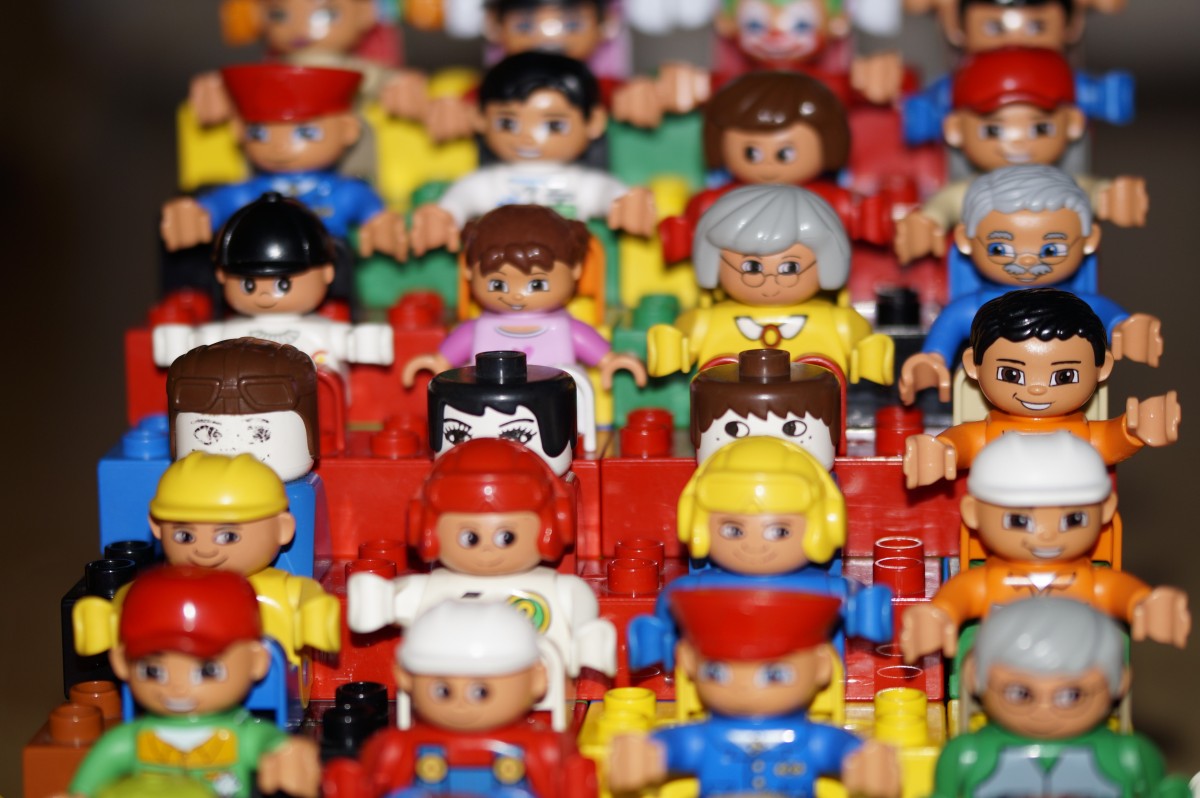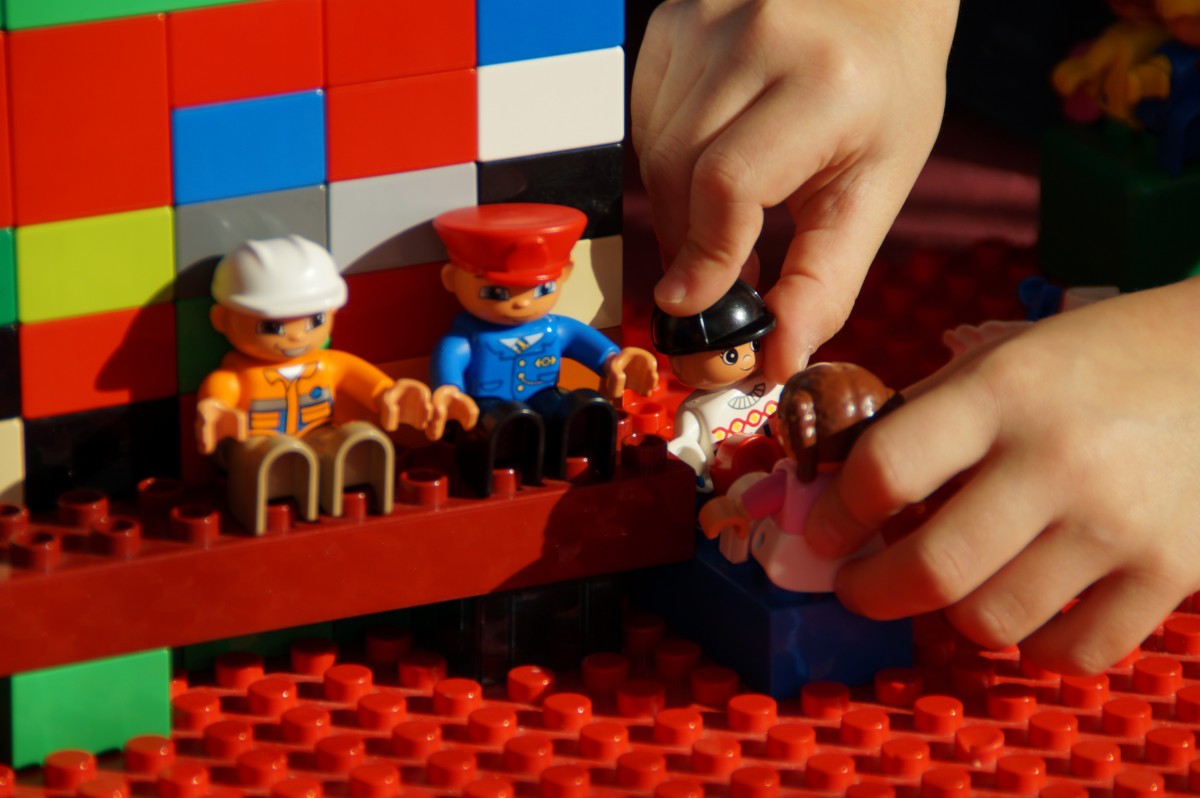Do you know how ethical principles are developed? Lawrence Kohlberg explains it to you in his theory on moral development (Part II)
votovzla·@sandracabrera·
0.000 HBDDo you know how ethical principles are developed? Lawrence Kohlberg explains it to you in his theory on moral development (Part II)
<div class = "text-justify"> ### Hello dear reader, today I leave Part II of this topic on moral development. I hope you like it, as well as my writing it. # If you want to read the I Part [here I leave it to you](https://steemit.com/votovzla/@sandracabrera/sabescmosedeveloptheprincipiosticoslawrencekohlbergteexplicaensuteorasodedevelopmentalmoral-8a83wcgp0v) # ### Let's see what are the levels of the theory of moral development proposed by Kohlberg. # The categories he used to develop the level of moral development was the way to differentiate Piaget's reasoning (cognitive theory) from a person as he develops, learns and grows. # https://cdn.pixabay.com/photo/2014/05/02/15/29/archenoah-336102_960_720.jpg [Source](https://pixabay.com/en/archenoah-arca-juguetes-playmobil-336102/) # ### 1-The pre-conventional phase. # According to Kohlberg it extends until the 9 years, the boy judges the events according to they affect him to itself. This phase comprises three stages. Namely: # ### A-First stage: orientation to obedience-punishment. # The child only thinks about the immediate consequences of his actions, but avoiding the unpleasant experiences linked to punishment and seeking the self-satisfaction of his needs. It is a style of egocentric reasoning. # ### B-Second stage: orientation to self-interest. # Although it continues to be thought beyond the person; egocentricity is still present. It begins to recognize the clashes of interests. # In this stage, people opt for individualism and relativism, because they still do not identify with collective values. Each one defends his own and acts accordingly. There may be agreements; but they must be respected because if you do not create a context of insecurity that is harmful. #  [Source](https://pxhere.com/es/photo/1103904) # ### 2. Conventional phase. # This phase is what defines the thinking of adolescents and also that of many adults. There is a duality of interests: individual and collective; social conventions about what is good and what is bad collectively. # ### C-Third stage: orientation towards agreements. # In this third stage, good actions are defined by the result of relationships with others. People at this stage try to be accepted and strive to fit into the set of rules that collectively define what is good. # The attention is not exactly on the proposals, but on the objectives behind them. # ### D-Fourth stage: orientation to authority. # The good and the bad flow from the rules; but as something separate from individuals. Good: meet the rules. Bad: breaking the rules. There is no action beyond these rules. # The difference with the previous stage the interest is placed on those known persons who can show rejection or approval for what one does. However, in this fourth stage the ethical circle is broader because it includes all persons who are subject to the law. #  [Source](https://pxhere.com/en/photo/1014542) # ### 3. Post-conventional phase. # People already have their own moral principles of reference, even if they do not agree with the established norms. There is identification with collective values and individual freedom, decentralized from self-interest. # ### E-Stage 5: the social contract # There is a reflection on the acceptance and suitability of the laws, the rules and the way in which society achieves with them in the promotion of the quality of life of the people. It is also thought that people can change laws and regulations if they are dysfunctional. There is a global vision of moral conflicts, a distancing. # ### F- Stage 6: the universal principles # Moral reasoning is abstract. They handle universal principles that although it is thought may be different from the laws themselves. For example, if a law is not fair, the priority is to change it. On the other hand, decisions and demands do not arise from the context or groups; but of categorical considerations whose moral principles are universal. # ### References. # [Biography of Jean Piaget](https://www.biografiasyvidas.com/biografia/p/piaget.htm) # [Biography of L. Kohlberg](https://es.slideshare.net/vickiiestambulii/biografa-de-lawrence-kohlberg-guelmy) # [Knowing about the theory of moral development of Lawrence Kohlberg](https://psicopedagogiaaprendizajeuc.wordpress.com/2012/06/26/conociendo-sobre-la-teoria-de-desarrollo-moral-de-lawrence-kohlberg/) # [Moral development:an introduction to the theory of kohlberg](https://www.redalyc.org/resumen.oa?id=80519101) # [What is ethical?](Https://www.significados.com/etica/) # [What is moral?](Https://www.significados.com/moral/) #  [Source](https://pxhere.com/en/photo/1103902) # </div> # <center> # #  ### And if you want to know more about these topics you can visit my networks. # [Facebook](https://www.facebook.com/dificultadesaprendiz) # [Twitter](https://twitter.com/da_educacion_e) # [Instagram](https://www.instagram.com/dificultades_aprendizaje/) #  # # Supporting the Venezuelan community in Steemit: # @edu-venezuela, @steemiteducation, @votovzla, @provenezuela, @proconocimiento # #  #  # # Follow @el-panal, @la-colmena, @c-squared because they are permanent supporters of the Hispanic community. # # I recommend you visit @reveur and join the conversations on current issues. # # @reveur, also supporting our community.  # # Thank you for your visit. I will gladly answer, if you would like to leave a comment. #  </div> </center> </center> <br /><center><hr/><em>Posted from my blog with <a href='https://wordpress.org/plugins/steempress/'>SteemPress</a> : http://sandracabrera.rockdio.org/2019/02/21/do-you-know-how-ethical-principles-are-developed-lawrence-kohlberg-explains-it-to-you-in-his-theory-on-moral-development-part-ii/ </em><hr/></center>
👍 gatillo, beanz, delega, dcabellor, bebeth, thecure, fbslo, dcardozo25, joseangelvs, jokebeddb, daniel.gz20, betamusic, omarmontes, leveuf, octocel, andresromero, luisparada3000, roycabrera01, antoaristi, audiarmis, danielarodri, virtualink, steemitchallenge, arturobravo, perlamilano, cachalote, francisaponte25, loro143, lnr28book, ramhei.textual, diamondfit, ingritte, mblue3000, nina203, beatrizpw1905, maxipiano, nsteem, snowy-june, votocardumen, yaniraherrera, hernancamino, coachluicho, flaws, adncabrera, sandracabrera, lauram, khussan, we-are-welcoming, sancristobal-ve, steempress, steempress-io, tonygreene113, chuuuckie, kanhiyachauhan, etasarim, jayna, chretien,